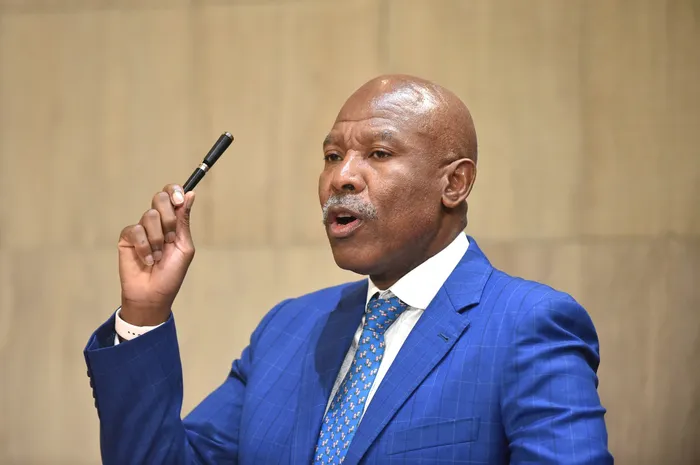
Lesetja Kganyago, governor of the South African Reserve Bank. The MPC decided to keep the policy rate unchanged, at 7%. With four members preferred to keep rates on hold, while two favoured a cut of 25 basis points.
Image: Thobile Mathonsi / Independent Newspapers
The South African Reserve Bank's (SARB) recent decision to maintain interest rates may provide consumers with long-term relief, even though it does not alleviate the current burden of high borrowing costs.
On Thursday, the central bank's Monetary Policy Committee voted four to two to hold the prime lending rate at 10.5%, with the repo rate steady at 7%. Four members preferred to keep rates on hold, while two favoured a cut of 0.25 percentage points.
While this may appear to offer no additional consumer relief, the decision represents a strategic pause rather than inaction, according to market watchers.
"What the SARB did may sound like 'nothing happened', but it amounts to keeping your foot gently on the economy's brake pedal to make sure the speed stays safe," explains Liam Dawson, Portfolio Manager at PMX.
The rate hold comes as the bank considers lowering its inflation target from the current 3% to 6% bracket to a fixed 3% target, a move that could pave the way for sustainably lower interest rates.
SARB Governor Lesetja Kganyago noted that the increase in inflation was broadly as expected, given push pressures from meat and vegetables. However, Statistics South Africa data showed these costs were increasing at a slower pace.
"We anticipate that headline inflation will rise over the next few months, peaking at around 4%. Our forecast now incorporates higher electricity price inflation, of nearly 8% rather than 6%," the governor said.
"Since September last year, we have reduced rates by 125 basis points, and we want to see how this is affecting the economy, how expectations evolve, and how inflation risks are resolved," said Kganyago.
Dawson believes the bank's cautious approach is about building market confidence for the potential new target. He says that “what people expect to happen to prices often becomes reality”.
“If businesses and workers believe inflation will settle near 3%, they will set prices and wages more calmly, and the cost of living will rise more slowly,” says Dawson.
The question of whether to adopt a 3% inflation target is currently under review by a committee, with Finance Minister Enoch Godongwana expected to make an announcement "at as soon as is practical to anchor expectations," according to a recent joint statement.
“The sooner this is decided, the better,” says North West University Business School economist Professor Raymond Parsons.
Bradd Bendall, BetterBond's national head of sales, says while another repo rate cut would have been welcome, the decision "signals the Reserve Bank's commitment to bringing inflation closer to the anchor target of 3%".
Keeping rates steady provides stability "at a time when global and domestic conditions remain uncertain,” says FNB CEO Harry Kellan.
Old Mutual chief economist Johann Els says it makes sense to keep rates "until we can lower them again when inflation starts moving lower again towards the [3%] inflation target... A prudent decision."
However, Parsons says, given the balance of risks facing the South African economy, better commodity prices and contained oil costs contrasting with rising debt and global inflation risks, the rate should have been cut by 25 basis points.
Dawson says, “bonds, vehicle finance, and some personal loans remain costly in the short term, and the government also pays more to service its debt”.
Frank Blackmore, lead economist at KPMG, explains: "The benefit of setting a 3% target is that it signals a long-term expectation of lower inflation, which would, in turn, support a longer period of lower interest rates. This would be the ultimate payoff of achieving the 3% inflation goal."
Citadel chief economist Maarten Ackerman notes that: "the MPC is clearly weighing longer-term risks, including the possibility of lowering the inflation target to further anchor expectations".
Cape Argus